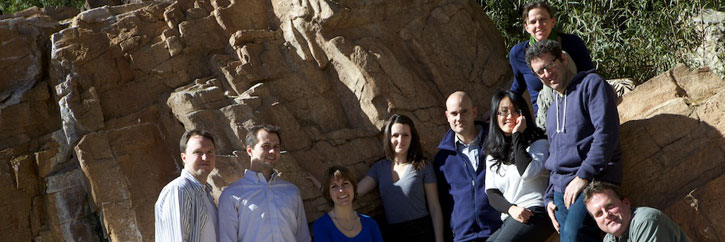
At an event in Tucson, and in light of the recent events, we decided to take a different approach to the typical event introduction. Instead of one individual presenting to everyone, these participants were given the opportunity to discuss the expectations of the event and present their findings to the entire group.
Individuals were grouped into teams of 3 or 4 and participated in a conversation facilitated by one of 9 team/krew members before taking turns reporting out their learnings. The facilitator merely added color commentary or inserted what might have been left out.
Two teams covered each of the topics below:
1. Iteration/Design/Decision by Design
2. Knowledge/Inputs/Brains-Answers in the room
3. Teamwork/Focus/Breaks/Agenda
4. Environment/Music/Everything Speaks/Facilitation Team
5. Axioms
The sponsors and participants were incredibly engaged, but the report outs were hit and miss depending on the presenter. There is little doubt that the long term retention of the content of the intro was increased exponentially, if only by the fact that this approach is actually practicing what we preach... listen to something and you will only remember 7%, teach something and you will remember 80%...
However, we decided that in the future it would be better to give participants a bit more guidance. Mike Klar made the astute observation that we should have turned the exercise into an interview (link is a description of the original module that could be converted for use here). The small Kotter groups would get a the questions around their topic and then they would interview members of our team. This would give them an opportunity to better understand each element of the process before presenting to the larger group.
Given the circumstances in Tucson, it is hard to imagine doing a regular intro, but for more typical events, a hybrid or improvement on the above learnings could be infinitely more powerful than the typical introduction that every session, conference, keynote, meeting, workshop etc. in the world always begins with.